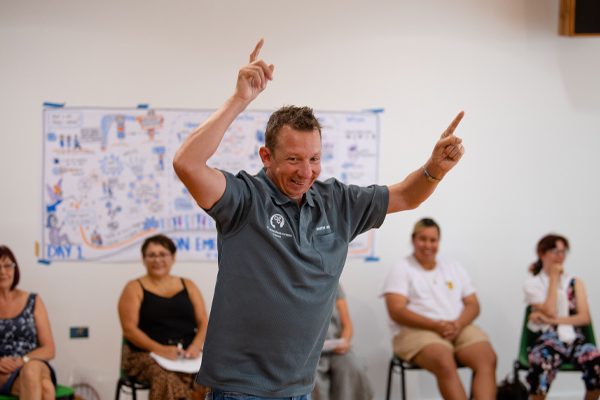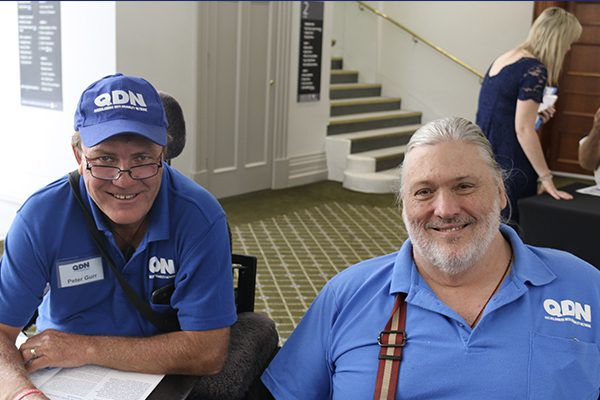We would like to thank the keynote speakers who have shared their experience and wisdom so far.
Keynote Speakers
Topic: Emerging Leaders 2021 – Welcome and start of the program, March 2021
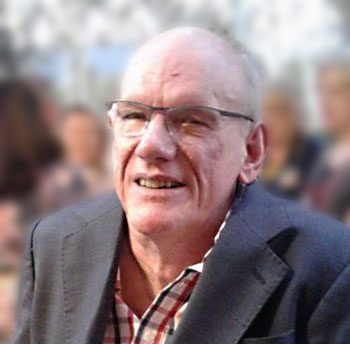
Des Ryan
Des has a twenty-year history with not-for-profit boards in Central Queensland providing care services to people with disabilities or training. Des has been a board member of Spinal Life Australia since 1996, resigning in January 2018, and leading the transition from a community-based board to a mixed board with a diverse skill set from the business and corporate sector. Des has established a business which continues to offer employment to people and a vast range of experience with organisations supporting people with disabilities. Des was an awarded Rotary and Companion of Central Queensland University recipient and was a recipient of the Order of Australia Medal in 2013 for service to people with disabilities. With 50 years personal experience with a disability, Des is hoping he can influence change, driven by the members of this network so that we can influence the direction of the NDIS into the future. Des says the highlight of his life as a person with a disability has been employment and volunteering. These are the two areas, in his mind, that put the cream on the cake. He would like to be able to maximise that opportunity for many others now and into the future.
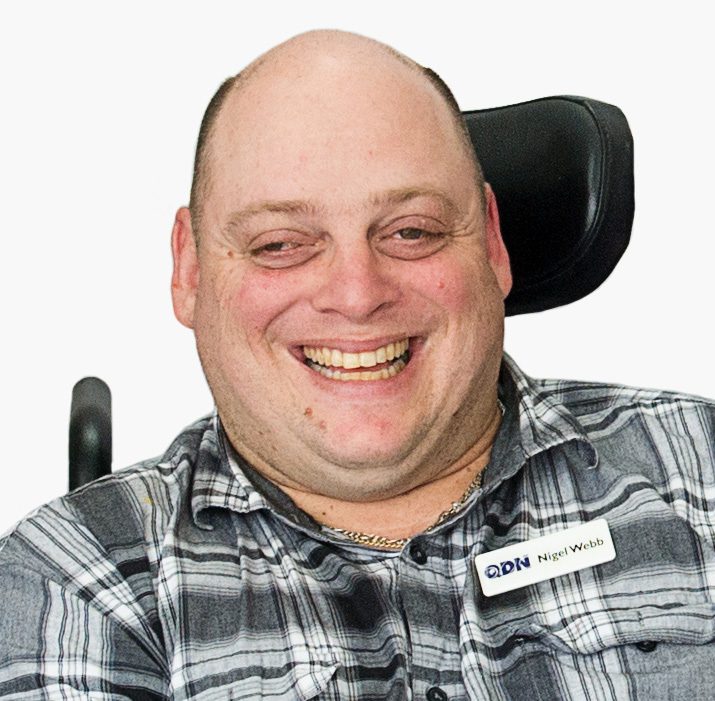
Nigel Webb
Nigel Webb has more than 20 years’ experience as a social justice advocate and professional. He is a trusted voice, advisor and leader across the community services industry, business and government.
His extensive knowledge and experience guides state and national advisory and representatives’ groups, boards and community organisations. He provides strategic advice and direction on social and economic inclusion of people with disabilities, and a range of issues of strategic importance to the disability and carer sectors around NDIS and reforms to employment.
He was Co-Chair of the National Disability & Carers Advisory Council for the Department of Social Services from 2018-2019 and Chairperson of Queenslanders with Disability Network for 11 years, as well as a Consumer Technical Expert with several certification bodies. On a part-time basis, he is a Client Liaison and Support Officer with Choice, Passion, Life.
Topic: Transformational Leadership, April 2021
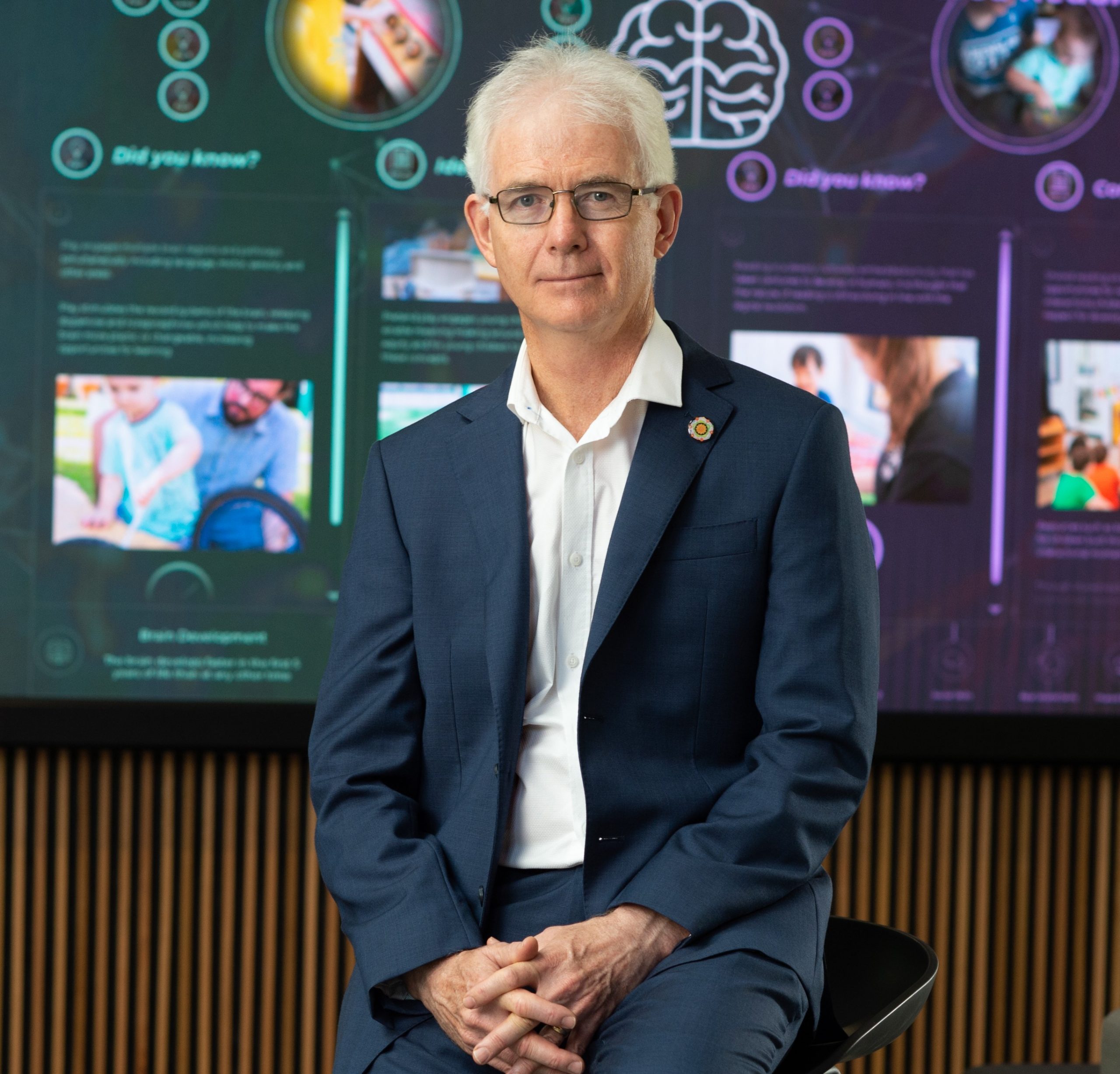
Michael Hogan
Michael Hogan brings expertise, skills and networks built over 30 years of executive experience in the public and community sectors in public policy making, organisational leadership, coaching and mentoring, strategy development and facilitation, stakeholder and community engagement, public interest advocacy, innovation and change, issue management, and system stewardship. Michael has a BA (Hons) / LLB from the University of New South Wales (1984). Michael was admitted as a Barrister of the Supreme Court and subsequently transferred to the Roll of Solicitors. After stints at both the NSW and Australian Law Reform Commissions, Michael worked in the NSW Government before moving to a community legal centre – the Public Interest Advocacy Centre – for nearly a decade, before moving into the NSW Premier’s Department. Michael has held CEO roles in two government agencies – as the Director-General of the Department of Child Safety, Youth and Women, and of the Department of Communities, Child Safety and Disability Services (DCCSDS) in Queensland. He has also been a deputy or assistant CEO in the Queensland Department of Premier and Cabinet, DCCSDS and the Queensland Department of Communities. Prior to this he was an executive in the NSW Premier’s Department.
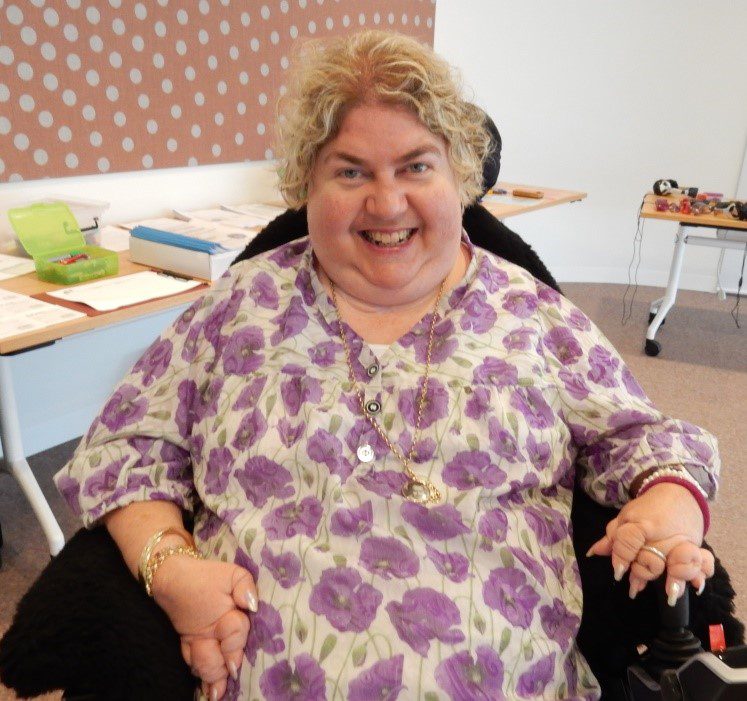
Sharon Boyce
Sharon Boyce, current board director at QDN, is also an author, educator and disability advocate. She works across a number of areas and performs many different roles. Her aim is to promote a true understanding of disability and diversity. Recent experiences with septic shock and intensive care stays have also led to a strong commitment to exploring issues of complex health needs and disability.
Sharon founded Discovering Disability and Diversity and helped design the Discovering Disability and Diversity experiential hands on Disability Awareness program which assists students, teachers, carers, doctors and community health workers experience and explore a wide range of disabilities, instead of just talking about them. Sharon is skilled in planning and research.
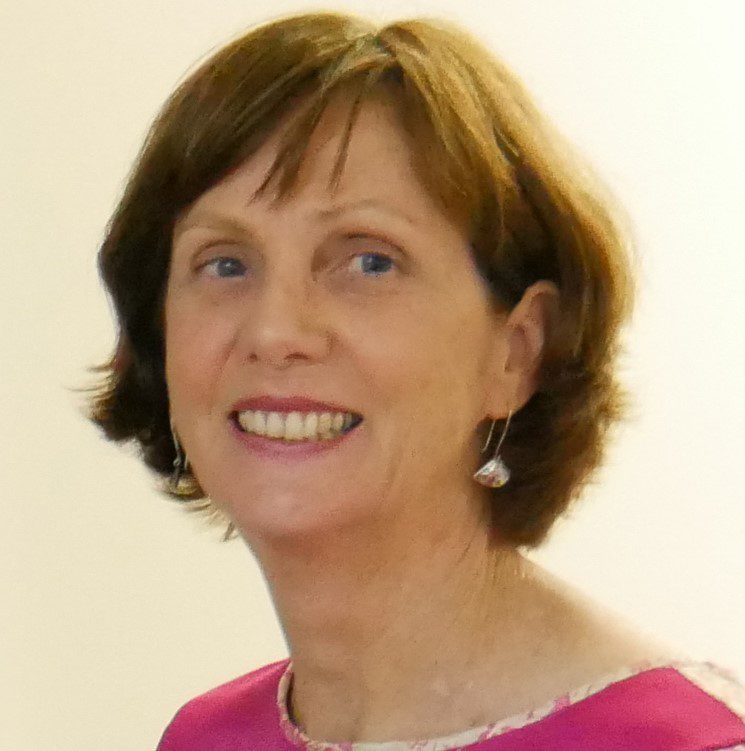
Margaret Rodgers
Margaret Rodgers' commitment to people with disabilities began in a L’Arche community in India in the early 80s. For thirty years, she has enjoyed working with people with a disability and their families in Queensland in a variety of organisations; many involved in family support and most in the non-government sector. She first worked for Community Resource Unit in 1996, coordinating the Leadership Development program for 4 years. When her children were young, and also while living in Cairns, she undertook a variety of part time and short term roles. In recent years she co-ordinated the Building of Informal Networks project with the Mamre Association where Circles of Support were used as a key strategy to assist adults moving into homes of their own. In 2009, Margaret was engaged by Disability Services Queensland to further the implementation of person centred practice.
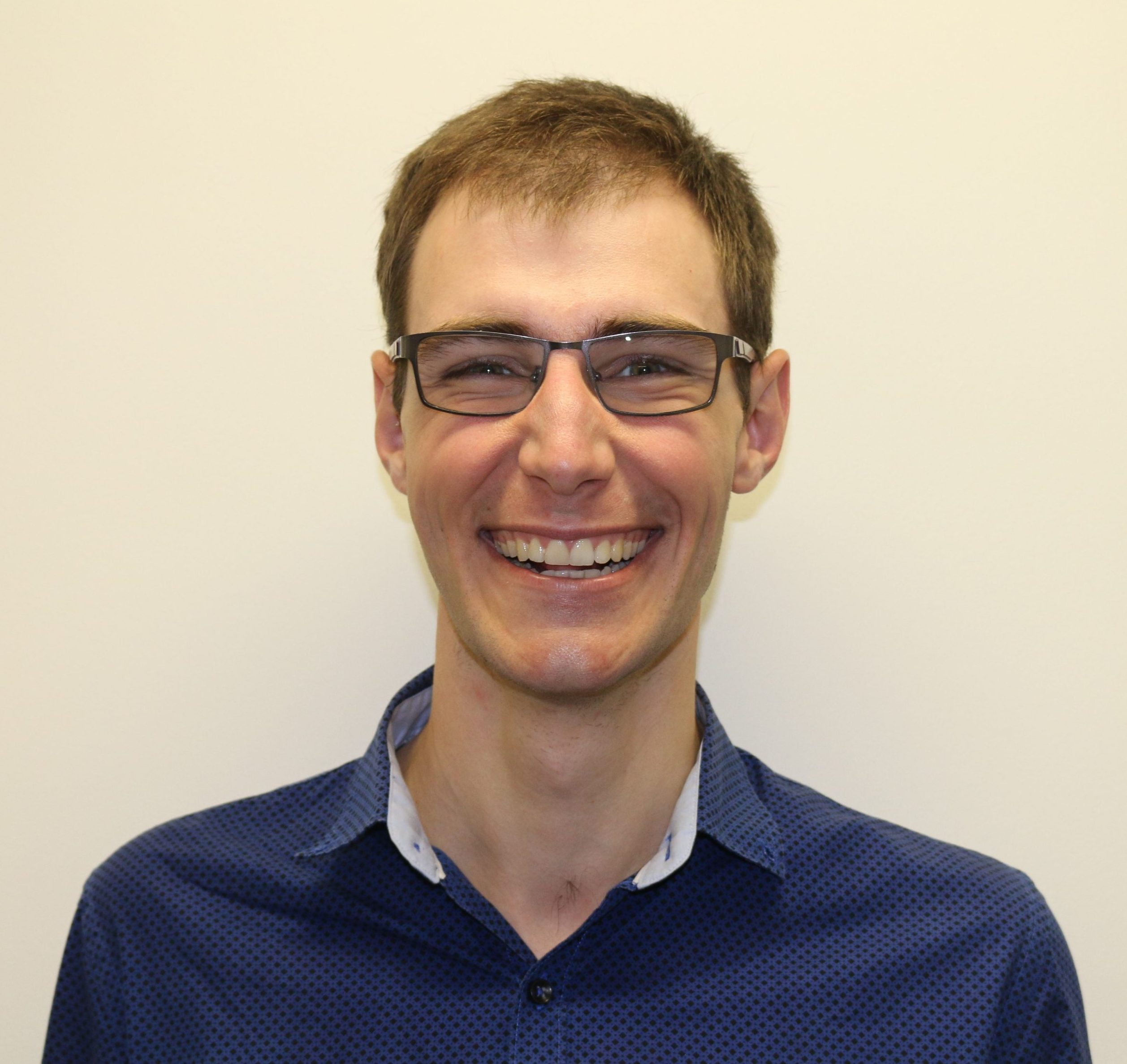
Alex Baker
Alex Baker is a self-advocate and leader who has a commitment to helping people strive to be the best they can be. Alex has been helping other people with intellectual disability as a peer facilitator for the last 5 years, delivering workshops about the NDIS across Queensland with QDN. He has been an emerging leader as part of the National Leaders for Tomorrow program in 2012 and Athlete Ambassador in 2014 at the Special Olympics National Games. He is also a champion sportsman who has represented Australia in Special Olympics cricket, plays tennis, is an accomplished musician and works at Endeavour Foundation 4 days a week.
Topic: The power of story, May 2021
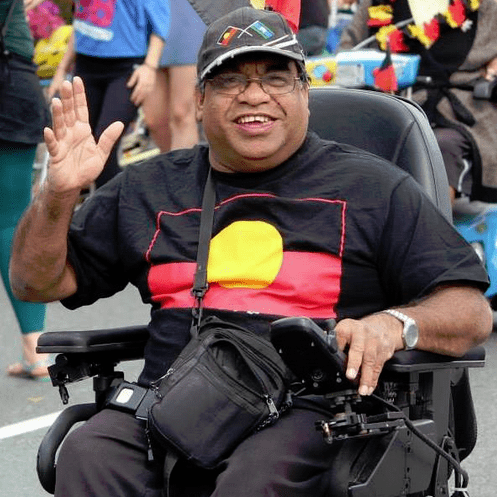
Willie Prince
Uncle Willie Prince is an Aboriginal man of Kalkadoon (Kalkatungu) heritage born on Wakka Wakka country, at what was then the Aboriginal mission at Cherbourg. Willie was removed from his family and community as a young child and lived in a number of institutional settings growing up. Willie is very proactive in both the Aboriginal and Torres Strait Islander community and the disability sector. He has a keen interest in sport and became a member of Sporting Wheelies, representing Queensland 11 times in wheelchair racing (50m, 100m, 200m, 400m and 800m), shot put and discus. Willie is recognised as a Queensland track and field champion, Paralympic torchbearer (2000) and Gold Coast Commonwealth Games baton carrier (2018). Willie worked at the Queensland State Library for over 30 years and recently retired from paid employment at the library. He has a key leadership role in the Aboriginal and Torres Strait Islander Disability Network of Queensland helping to grow this network to over 1000 members across the state. Willie has also helped shape Queenslanders with Disability Network through being a former QDN Board Director and an active member.
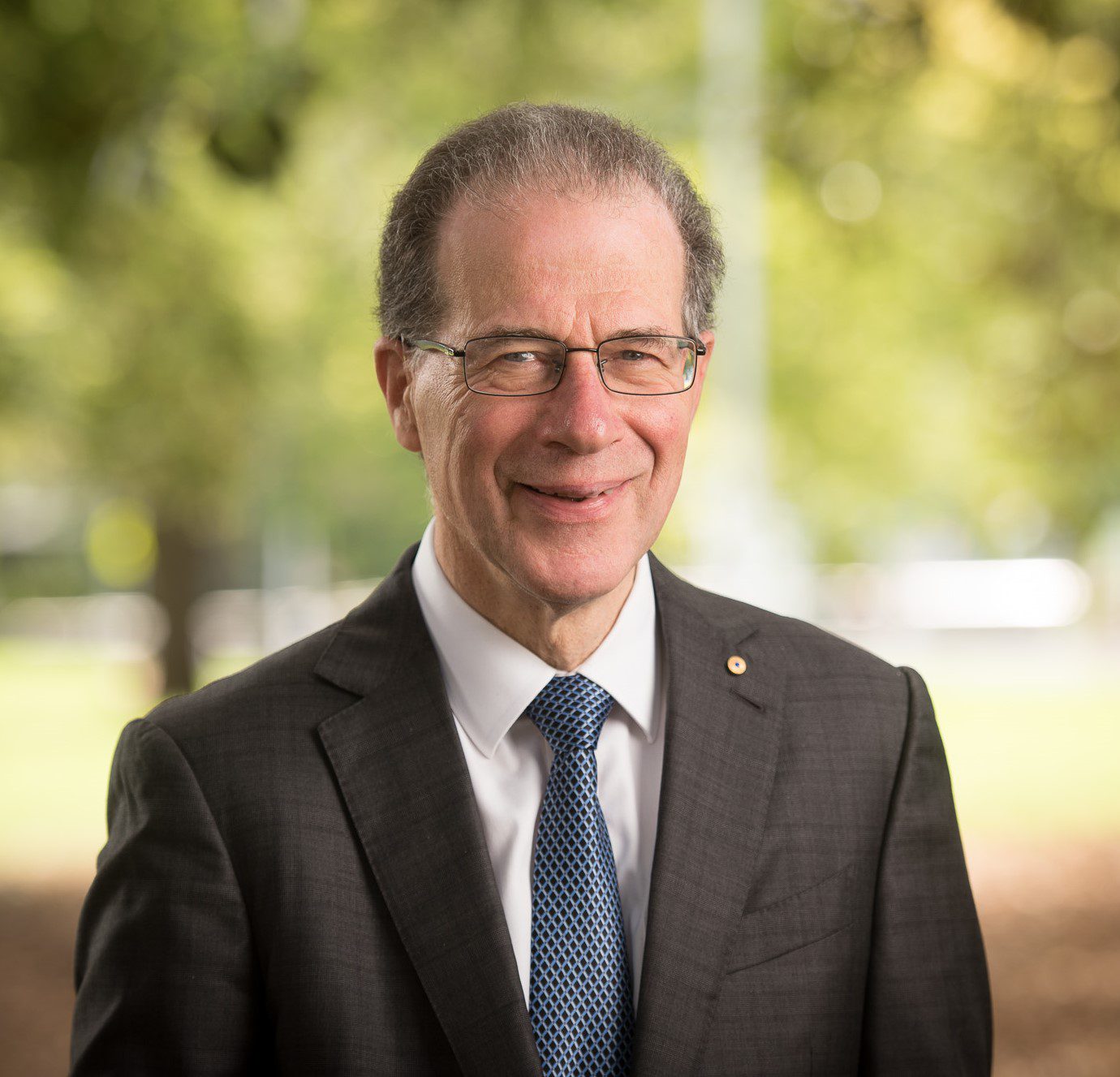
Bruce Bonyhady
Professor Bruce Bonyhady is Executive Chair and Director of the Melbourne Disability Institute, a position he has held since 2018. He is a disability reformer, economist, one of the key architects of the National Disability Insurance Scheme (NDIS) and was the inaugural Chair of the National Disability Insurance Agency (NDIA) from 2013 to 2016. Professor Bonyhady began his career in the Australian Treasury and also worked in economic consulting, funds management and insurance in Australia and the UK, before becoming a non-executive director. His non-executive roles include President of Philanthropy Australia (2006-13). Professor Bonyhady is the father of three adult sons, two of whom have disabilities and in the 2010 Queen’s Birthday Honours, he was appointed a Member of the Order of Australia for services to people with disabilities, their families and carers, and to the community as a contributor to a range of charitable organisations.
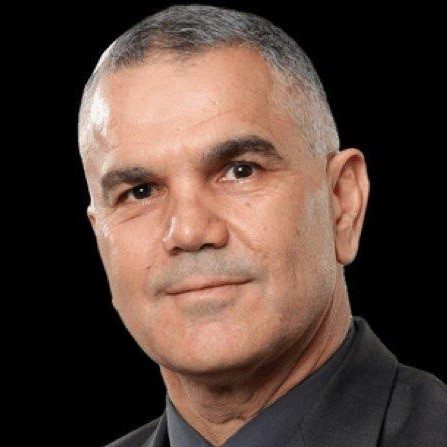
Chris Sarra
Dr Chris Sarra is the Director-General, Department of Seniors, Disability Services and Aboriginal and Torres Strait Islander Partnerships, where his focus is to improve the social and economic wellbeing of Queensland seniors, people with disability and Aboriginal and Torres Strait Islander Queenslanders, to enable them to thrive. Dr Chris Sarra is a proud Gurang Gurang / Taribelang man from Bundaberg, driven by a dream for all Aboriginal and Torres Strait Islander children, families and communities to be able to thrive. The youngest of 10 children, Chris became the first Aboriginal principal of Cherbourg State School in southeast Queensland in 1998, where he significantly improved the educational and life outcomes of students. He did this through a ‘strong and smart’ philosophy, which encouraged students to have a positive sense of cultural identity and embrace positive community leadership. He carried this philosophy over to found the Stronger Smarter Institute in 2005, which works with schools and community leaders across Australia to deliver the stronger smarter approach to Indigenous students. Dr Sarra holds a PhD in Psychology from Murdoch University with his thesis Strong and Smart – Towards a Pedagogy for Emancipation: Education for First Peoples published by Routledge in 2012. He also has a Bachelor of Education, Master of Teaching and an Executive Masters in Public Administration. He was named Queenslander of the Year in 2004, and was Queensland’s Australian of the Year in 2010. Dr Sarra joined the University of Canberra as a Professor of Education in 2016, where he teaches and researches in areas including school leadership, Indigenous education and educational equity in East Asia and Australia.
Topic: Embracing and engaging diversity, June 2021
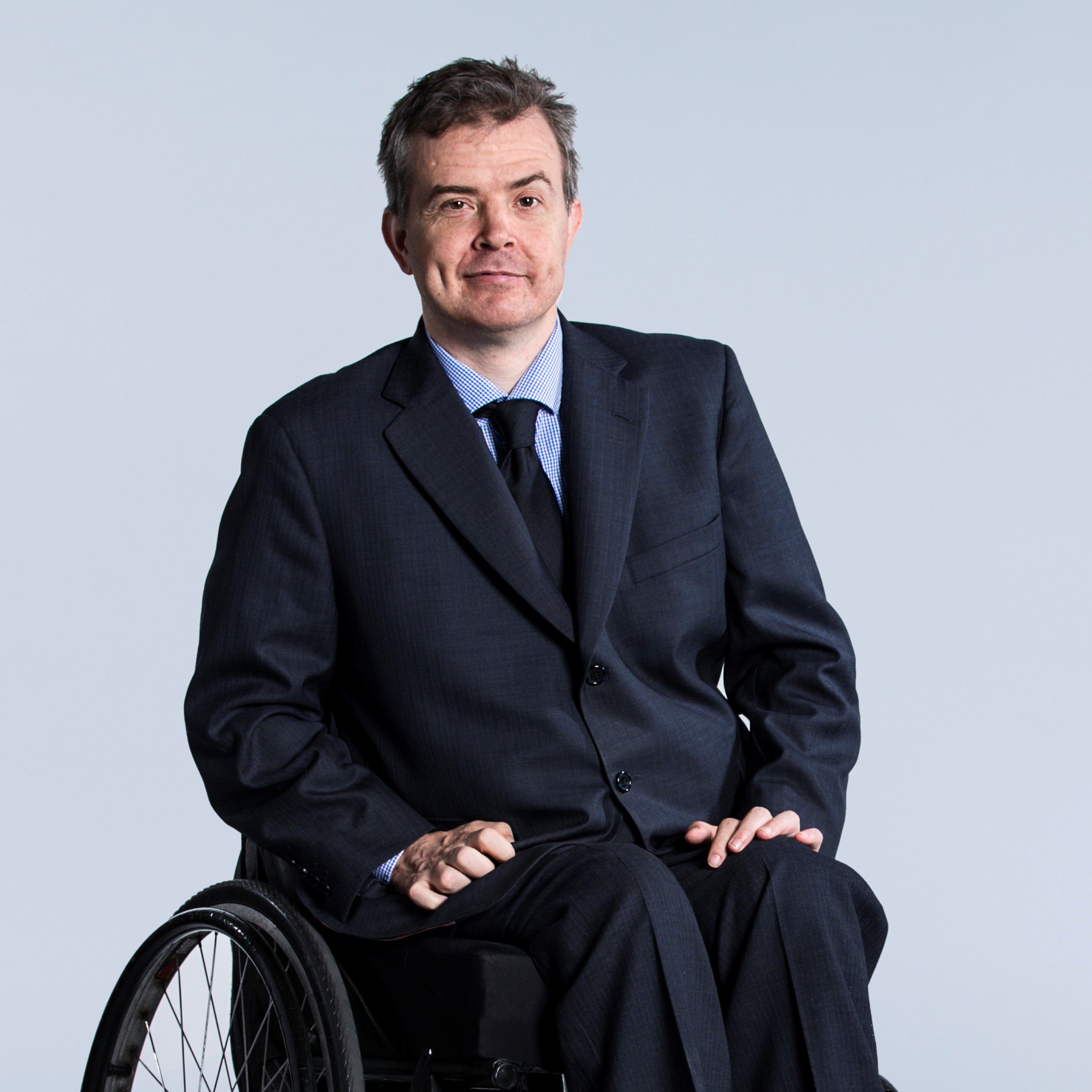
Ben Gauntlett
Dr. Ben Gauntlett commenced his 5 year term as Disability Discrimination Commissioner at the Australian Human Rights Commission on May 7, 2019. As Disability Discrimination Commissioner he hopes to change the way people with disability are perceived in Australia, remove barriers to people with disability participating in society and ensure people with disability's human rights are respected. Prior to commencing as Disability Discrimination Commissioner, Ben worked as a barrister in Western Australia and Victoria with a broad ranging practice, which included a significant amount of pro bono work. He has also worked as an associate to the Honourable Justice Kenneth Hayne AC at the High Court of Australia, as Counsel Assisting the Solicitor-General of the Commonwealth, a solicitor for a large commercial law firm and taught law in Australia and the United Kingdom.
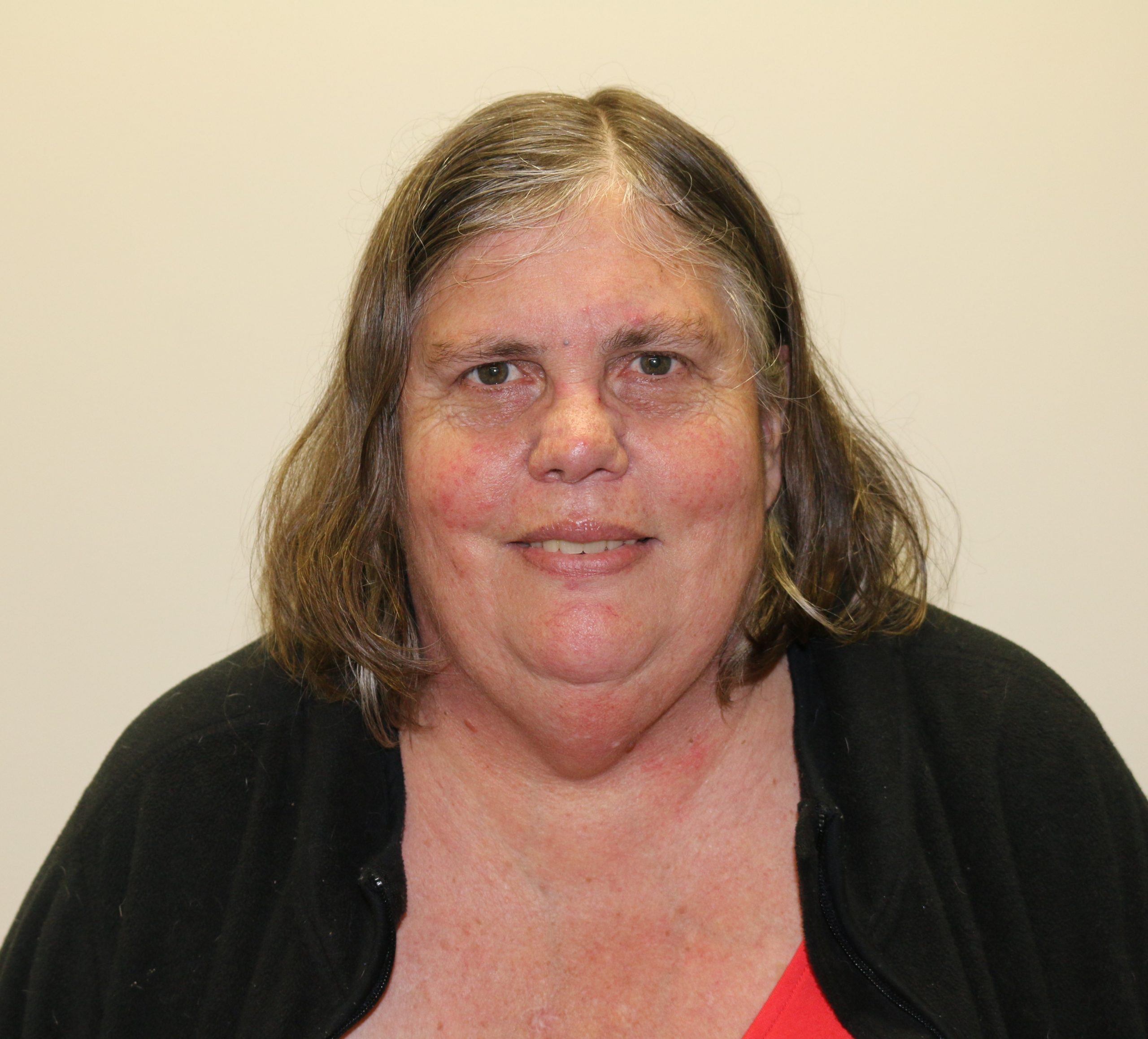
Donna Best
Donna Best is an advocate for people with intellectual disability, an experienced speaker and a founding member of many disability advocacy groups in Queensland. She regularly provides advice to a range of government and community service organisations around engaging with people with intellectual disabilities. She provides her experience and knowledge to key committees, groups and boards, and is currently on the Queensland Advocacy Incorporated board. Donna has contributed to many projects and work over decades and led individual and systems change in the lives of people with intellectual disability.
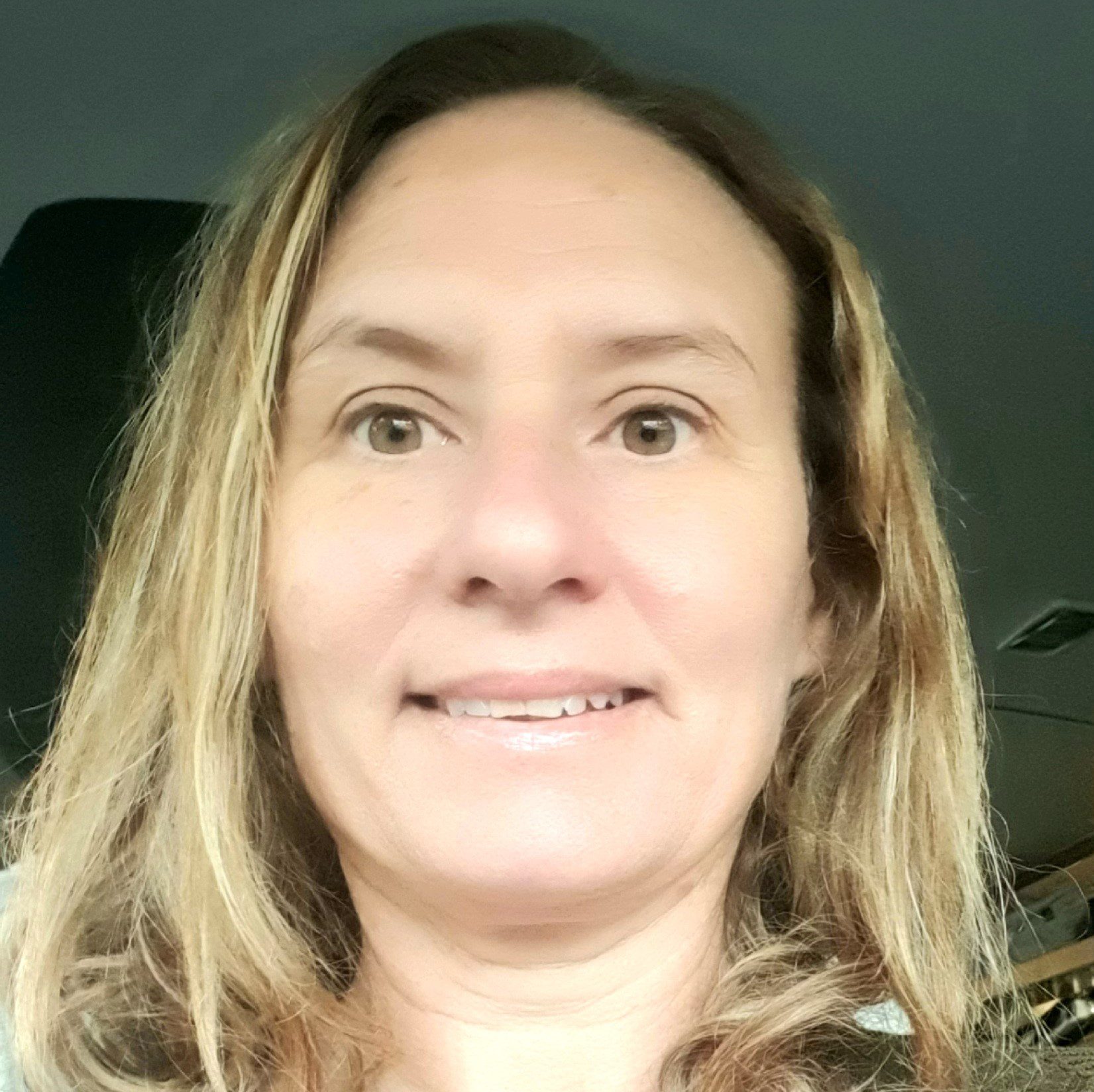
Lisa Stafford
Dr. Lisa Stafford is a social scientist, social planner and human geographer with 20 years’ experience in the fields of disability and community planning. Lisa’s expertise is in planning inclusive communities, with the view to realise the rights and improve social and economic participation for all people with disabilities. Lisa also specialises in inclusive participatory research and engagement methods to ensure the ‘voices’ of all people, particularly children and people with complex communication needs, are heard in research and planning processes. Lisa’s talent was awarded by gaining a highly competitive Australian Research Council – DECRA Fellowship in 2019 in Inclusive community planning for people with disabilities in regional areas. Lisa works from a rights-based, place-based and anti-oppressive approach and highly values the importance of mentorship and leadership. Lisa is currently a part time Senior Lecturer/ARC DECRA Fellow and program lead for Ecologies of Justice, Centre for Justice Queensland University of Technology (QUT). Prior to academia, Lisa worked as a practitioner, in management and director roles in government and non-government organisations. Lisa identifies as a disabled person, and is a full member of the Planning Institute of Australia (MPIA), Institute of Australian Geographers (IAG) and Disability Leadership Institute (DLI).
Topic: Housing, transport and human rights August 2021
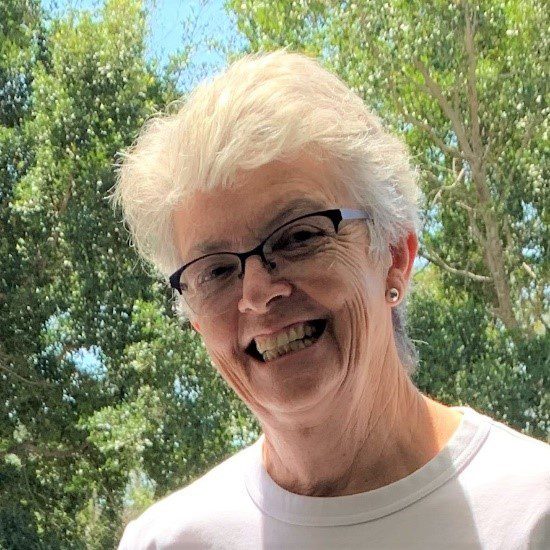
Margaret Ward
Margaret Ward has been an advocate, public servant and service provider in the areas of housing and disability. Margaret has spent much of her career working towards the adoption of housing design which includes everyone regardless of age and ability. Margaret ensured that her daughter Mena was connected and included throughout her life with the help of creative professionals, paid support-workers and her circle of family and friends.
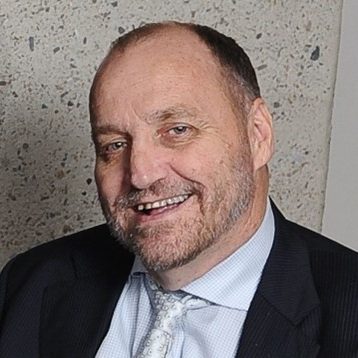
Kevin Cocks
Kevin Cocks AOM is the Executive Manager, Accessible Transport Network at Transport and Main Roads. Kevin is a celebrated orator and a human rights champion. He was the Queensland Anti-Discrimination Commissioner from 2012 – 2018. In 2005 he was awarded the Australian Human Rights Award for his dedication to disability rights. Then in 2010 he was awarded the Order of Australia for service to people with disabilities, as an advocate for the promotion and protection of individual human rights, and as a contributor to the reform and development of disability services.

John Macpherson
John Macpherson is a founding member of QDN and is a strong believer that the network enhances its members’ lives and empowers them through information and representation. John has a highly developed skill set around technical areas. He has represented QDN on many committees and forums including technical advisor during the drafting of the Disability Standards for Accessible Public Transport, one of the authors of the Premises Standard, author of the Accessible Rail Code of Practice, and authored or commented on numerous QDN responses to DDA related draft technical documents and DDA related legislation. John currently represents QDN on the Queensland Rail DDA Advisory Group, Transport and Main Roads Access Committee, Australian Network for Universal Housing Design and Queensland Action for Universal Housing Design.
Topic: Domestic & family violence and child abuse September 2021
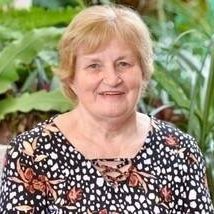
Betty Taylor
Betty Taylor has worked to prevent family violence for almost 30 years. Betty was the founding manager of the Gold Coast Domestic Violence Prevention Centre. Through this work Betty was awarded a Churchill Fellowship in 2002. Betty drove the establishment of the Domestic Violence Death Review Board. She chaired the Ministerial Domestic and Family Violence Council for 2 terms and established Domestic and Family Violence Prevention Month. She has contributed to developing collaborative domestic violence responses, enhancing support to survivors and raising public awareness – with initiatives such as the Red Rose Rallies and the Red Bench Project. In 2016, Betty became CEO of The Red Rose Foundation, where she has played a critical role in bringing non-lethal domestic violence strangulation onto the public agenda. This work cultivated in the opening of Australia’s first Strangulation Trauma Centre in May 2021.
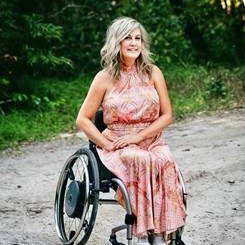
Karni Liddell
Karni Liddell is a Paralympian, radio and television presenter, trainer, clinician and disability specialist. A former World Record holder, Karni represented Australia at the Atlanta Paralympic Games in 1996 and captained the Number 1 team at the Sydney 2000 Games, retuning from both Games with medals. Karni was appointed Ambassador for the Australian Paralympic team and commentator for the Athens Games.One of few TED speakers to receive a standing ovation, and described by AMP as “one of the top ten speakers”, Karni instantly captivates audiences with moving stories from her journey to success. Along the way, she challenges listeners to let go of excuses in order to pursue success. Karni effortlessly relates her story to the highs and lows of business and life in a way that is relevant to audiences at every level.
Topic: Health and Wellbeing, October 2021
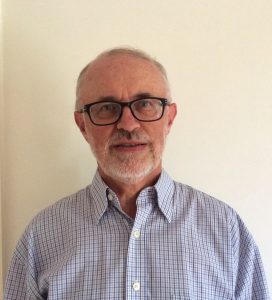
Jim Simpson
Jim Simpson is a lawyer and advocate who has worked in the disability field for 35 years. He took a central role in establishing the Intellectual Disability Rights Service in Sydney. He is a Senior Member on the Guardianship Division of the NSW Civil and Administrative Tribunal and does systemic advocacy work for the Council for Intellectual Disability. He is a member of the Intellectual Disability Reference Group of the National Disability Insurance Agency.
Jim has had a leading role in many areas of service system and legislative reform including alternatives to jail for offenders with intellectual disability and legislation covering guardianship, disability services and independent complaints and monitoring bodies. In recent years, Jim’s work has particularly focused on improved health care for people with intellectual disability and the development and implementation of the NDIS.
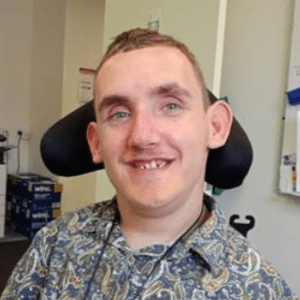
Jack Kelly
Jack is a passionate advocate for people with disability, with keen interests in rights to health and decision making. As well as working for CID, Jack has held co-researcher roles with the University of Sydney and UTS Sydney.
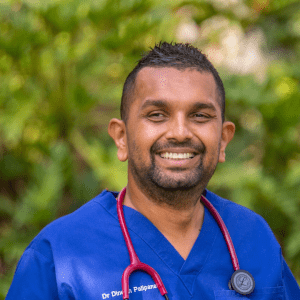
Dr Dinesh Palipana
Dr Dinesh Palipana OAM is a senior resident doctor at Gold Coast University Hospital. Despite facing numerous barriers, he became the first quadriplegic medical graduate and medical intern in Queensland. He was recently admitted as a lawyer.
As co-founder of Doctors With Disabilities Australia, Dinesh has worked with the Australian Medical Association to create first-of-kind national policies for inclusivity in medical education and employment.
Dinesh is a doctor for the Gold Coast Titans physical disability rugby league team. He is also a member of multiple committees for disability advocacy and has spoken in world-renowned forums such as TEDx. Through COVID-19, he advocated for equitable treatment for people with disabilities, including as a witness to the Disability Royal Commission.
Dinesh has also contributed significantly to scientific advances in treating spinal cord injury and restoring function to people with paralysis. His national and global impact has been recognised with numerous awards, including Junior Doctor of the Year and the Order of Australia.

